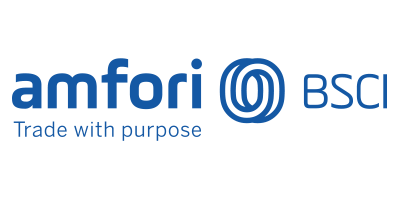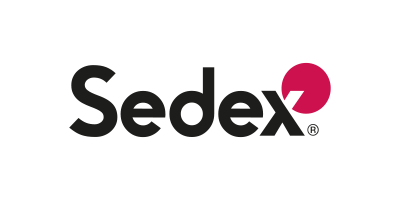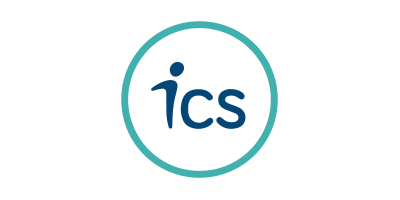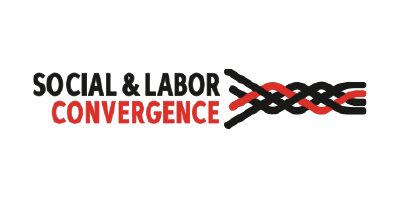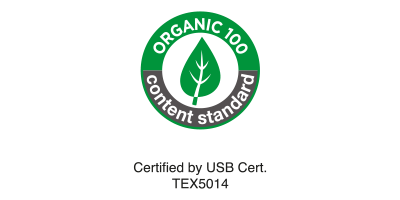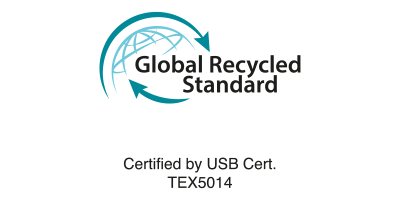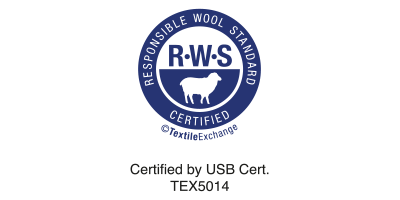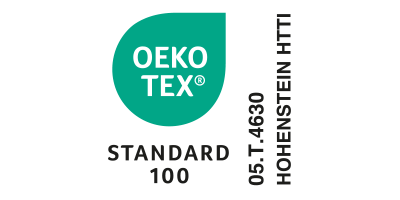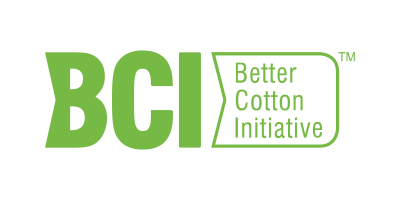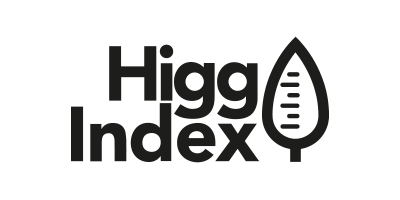ISO 45001 is an international standard that specifies requirements for an occupational health and safety management system (OH&S). It provides a framework that organizations can use to manage and improve occupational health and safety performance, prevent work-related injuries and illnesses, and create safer working conditions.
Key elements of ISO 45001 include:
- Context of the Organization: Understanding the internal and external factors that can impact occupational health and safety.
- Leadership and Worker Participation: Top management commitment, involvement of workers, and consultation with them on OH&S matters.
- Planning: Identifying hazards, assessing risks, and determining controls to mitigate risks and improve safety.
- Support: Providing resources, competency development, communication, and documented information to support the OH&S management system.
- Operation: Implementing the planned controls and processes to manage risks and enhance safety performance.
- Performance Evaluation: Monitoring, measuring, and evaluating OH&S performance, including incident investigation and corrective actions.
- Improvement: Taking actions to continually improve OH&S performance and the effectiveness of the management system.
ISO 45001 certification demonstrates an organization's commitment to protecting the health and safety of its workers, complying with legal requirements, and promoting a culture of safety. It helps organizations minimize risks, reduce workplace accidents and illnesses, and enhance overall operational efficiency and reputation.
